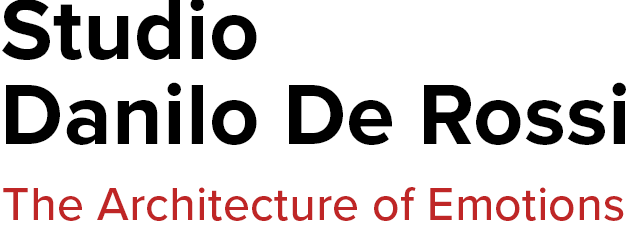Project Statement
Iron Dust - Reflections, 2017
A project on the ethical, moral and visual landscape after the industry
In Kladno, walking amongst the ruins of ancient steel factories, is like visiting an archaeological site that - just few years ago - was part of an unusual life in the shadow of Stalinism. All that remains today, of a factory which was employing thousands of employees, is debris, weeds, rusted trusses, crumbling furnaces and abandoned buildings.
These remains suggest a symbolic reading of the landscape: on one hand, the horizontal extension of buildings over on immense plot of land recall man's lust of power and ambition; on the other, the cimneystacks with their heights and majesty, alter the natural morphology of the landscape to become devices of metaphysical connection with the super natural and the Divine. The dimension of these industrial landscape astonishes and scares at the same time: a system of symbols put in place to legitimize the secular power granted to the ruling class.
Command structures now abandoned in a surreal silence invite for a reflection of hierarchy as a social construct, only able to exist within a given context: a reminder that best decisions don't always come from top.
The factory only proposes an apparent absence and vacuum. Volunteer workers' voices are still here: judges, lawyers, poets, philosophy professors, uprooted from their own houses and lives, during the Communist regime, to carry out unknown jobs in extreme and dangerous conditions, amidst criminals and political prisoners. It feels like we can still see the prisoners depicted by Hrabal, dowloading crucified Christ crosses off the train to be converted into peaceful steel to pierce imperialist invaders' throats.
The man in the factory, is a tiny figure with the only task to activate hugely powerful machines, which govern the laws of physics to mould metals: a small actor with big responsibilities.
Through the windows, nature and factory establish a relationship. On one side, the projection of possible worlds, the painting-like effect of timeworn glass: a portal to an unconscious dimension; on the other side, the squared geometry and the sharp frame lines steer the thinking towards a more rational vision. This tension creates attraction for the surrounding landscape: a magnetic force that allows nature to enter the factory.
The plant decommissioning, one-sidedly decided by man, it's an impossible condition. The dialogue with nature throughout the seasons, the gradual change of colours, the daylight shaping new volumes and unexpected architectures within the abandoned buildings are all part of a process that is continuous and unavoidable.
As much as the factory's closure, this one is a new condition too: most probably unexpected but definitely not negotiable.
